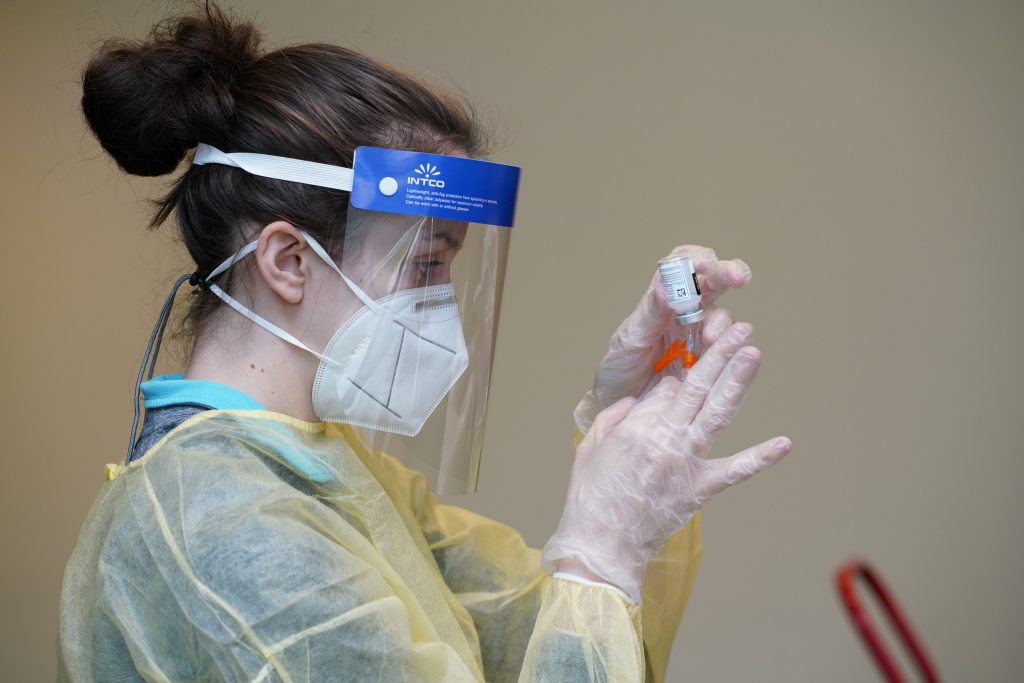Together, We Succeed.
The Role of Resilience in Medical School and Health Careers

There is no doubt that the medical profession faces unpredictability, with mentally complex and oftentimes emotionally challenging situations. Resilience captures the ability to bounce back despite these types of challenges. These difficulties aren’t simply made easier with resilience but they require it. In fact, more and more medical schools look for resilience in applications, especially the ones that take a holistic approach to their acceptance of applications.
The Association of American Medical Colleges (AAMC) highlights 15 “Core Competencies” that medical schools look to when evaluating an application. Some of them fall under those clinically relevant skills, such as anatomy and critical thinking skills, that medical schools look for to make sure an applicant has that crucial scientific foundation. Many, however, also relate to an applicant’s important personal traits that have shown strong correlations with medical school success and future success as a physician. These include important intrapersonal traits of emotional intelligence, such as resilience and adaptability.
To determine resilience and adaptability, medical schools analyze whether an applicant has demonstrated tolerance of stressful or changing environments or situations and adapts effectively to them, whether they remain persistent, even under difficult situations, and recover from setbacks.
“The ability to demonstrate effective coping skills in stressful or changing environments is essential, and premed students can exhibit these traits when recovering from setbacks while persevering through advanced coursework, moving through the application process, or facing rejections,” according to AAMC. “Success is measured oftentimes not by how you fare on your first try, but how you recover from a setback and grow stronger in the process.”
There is no doubt that medical school and the medical profession is a challenging one. Not only must they know material that is complex and abundant, they must know how to analyze and apply it. Doctors and other healthcare professionals carry heavy emotional burdens, and must show resilience in the face of it all.
One study found that building resilience among pre-medicine students can happen through curricula and experiences that “promote coping, adaptability, resourcefulness and enhanced empathy and self-compassion skills.” These kinds of skills, like empathy and self-compassion, can be honed through opportunities at Saint Vincent like service learning, and courses within the core curriculum outside of a pre-medicine student’s hard science core, such as psychology and sociology, among others.

